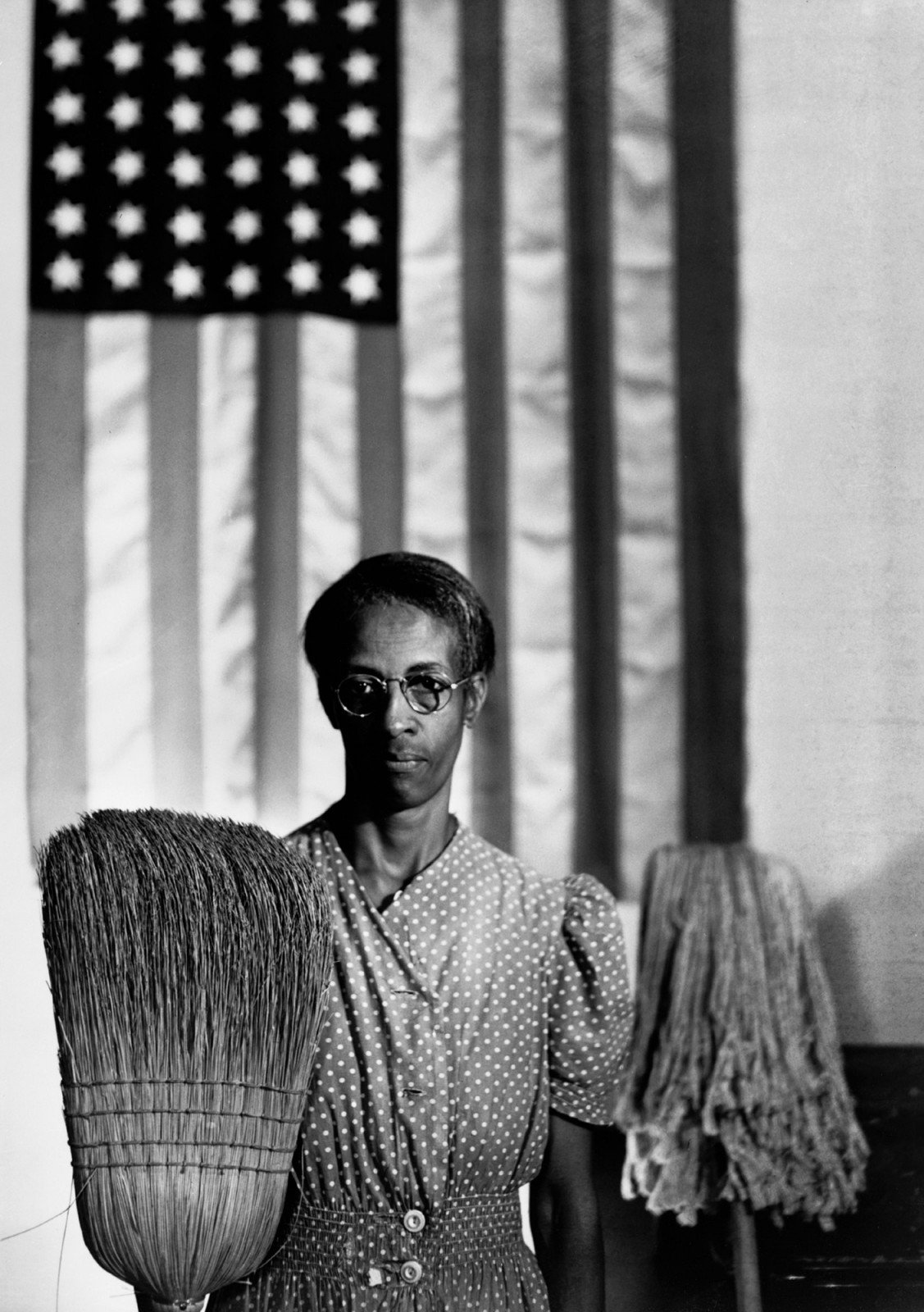GORDON PARKS: Through the Lens

Gordon Parks, born November 30, 1912, was an extraordinary American polymath. He excelled as a photographer, composer, author, poet, and film director, leaving a lasting impact across various artistic fields. Born in Fort Scott, Kansas, he navigated a life of adversity to become an influential figure in U.S. culture, particularly noted for his contributions to documentary photojournalism, civil rights, and filmmaking.
Parks emerged as a luminary in documentary photojournalism during the mid-20th century. His iconic photographs captured the stark realities of poverty, racial injustice, and the African-American experience. These images, taken for a federal government project, illuminated the struggles faced by marginalized communities, earning him recognition and respect. His work for the well-known Life magazine, through photographic essays, expanded his influence, shedding light on pressing societal issues.
Parks was a trailblazer in Hollywood, Breaking barriers through the lens and the director's chair. As one of the first known Black-American filmmakers to operate within the industry, he directed impactful films highlighting African Americans' struggles. Notably, his film "The Learning Tree" marked a pivotal moment, becoming the first feature financed by a famous Hollywood studio and solidifying his place in cinematic history.
Parks' creative journey was punctuated by perseverance and resilience. His childhood, marked by the loss of his mother and racial discrimination, imbued him with an unwavering determination to overcome challenges. Fending for himself from a young age, he navigated various jobs, including working in brothels, performing as a musician, and even playing basketball. These diverse experiences informed his artistry and enriched his perspective on the world.
Photography was Parks' initial muse. At 28, he purchased his first camera and taught himself the craft, capturing the essence of life through his lens. His evocative photographs found their way into viewers' hearts and the pages of publications, eventually leading him to chronicle African-American experiences and join the Farm Security Administration, documenting the nation's social landscape.
Parks's talents extended beyond the visual realm. His musical and literary compositions were an integral part of his creative identity. A jazz pianist, he composed pieces that resonated with audiences. His foray into fiction and poetry showcased his diverse skill set, revealing a multifaceted artist with a profound ability to communicate through various mediums.
As a devoted advocate for social change, Parks played a pivotal role in the inception of Essence magazine, serving as its editorial director in its formative years. He channeled his passion for a better world into his work, advocating for progress and equality through his art.
In his later years, Parks dedicated himself to preserving his legacy and fostering future artists. The Gordon Parks Foundation and the Gordon Parks Museum/Center testify to his commitment to education and cultural preservation. These institutions uphold his work, provide scholarships, and serve as spaces for artistic exploration.
Parks passed away on March 7, 2006, with his numerous contributions reverberating across generations. His images, films, music, and words inspire and inform, encouraging society to confront its inequities and aspire to a more just world. As an embodiment of resilience and creative brilliance, he remains an enduring symbol of human potential and a driving force behind artistic and social progress.













